Family law in Kenya governs how people get married, raise children, share property, and handle separations or divorce. It’s a mix of modern laws like the Constitution and the Marriage Act and traditional customs like those under Islamic and or African customary law.
What Counts as a Marriage in Kenya?
In Kenya, the law recognizes different types of marriages, thanks to the Marriage Act of 2014. These include: Civil marriages which are done at an Attorney General’s office, Christian marriages which are done in church, Hindu marriages which follow Hindu traditions, Islamic marriages which are under Muslim law, Customary marriages which are based on tribal traditions.
For a marriage to be legal, it must follow the rules of its type. For example, a customary marriage might need a ceremony with elders, while a civil marriage needs a certificate from a registrar. In Re Amkeyo 1917 back in colonial times, the court refused to recognize a customary marriage, calling the wife a “concubine” instead of a legal spouse. This showed how British laws once ignored Kenyan traditions. Today, though, the Marriage Act accepts customary marriages as equal to others, as long as they meet basic legal standards.
The law now respects Kenya’s diverse cultures, but people must register their marriages especially customary ones to avoid disputes later. Without proof, it’s hard to claim rights like property or inheritance.
How Does Divorce Work?
Divorce in Kenya depends on the type of marriage. The Marriage Act 2014 lists reasons called “grounds” for ending a marriage, like: Cheating or adultery, cruelty be it physical or emotional abuse, desertion when one spouse leaves for years, or irretrievable breakdown where the marriage just can’t work anymore.
For Islamic marriages, divorce follows Muslim law, while customary marriages use tribal rules. You usually have to go to court, even if both agree to split, because Kenya doesn’t have a “no-fault” divorce system yet. For example in I v I 1970, in this case, a wife asked for property after divorce. The court used an old English law, the Married Women’s Property Act of 1882 to decide whether she had rights to a house her husband bought. This showed how Kenyan courts sometimes borrow foreign laws, though today we rely more on our own Constitution and Marriage Act.
Divorce can be messy because you need to prove something went wrong. It is good for couples to try mediating a peaceful way to settle disputes first, which courts now encourage. It saves time and heartache.
Who Gets the Property After Divorce?
When a couple splits, dividing property is a big issue. The Matrimonial Property Act of 2013 says both spouses have equal rights to property they got together during marriage. This includes houses, land, or money but only if you can show you helped earn or build it. Contributions can be cash through paying for it or non-cash through raising kids or farming.
In Echaria v Echaria 2007 a wife claimed half of the family land after divorce. The court said she had to prove her contribution. Since she didn’t have receipts or papers, she lost. This case shows how tough it can be for women, especially if they don’t keep records of their work at home.
Recent developments in Divorce
In a 2023 Court of Appeal case, judges ruled that children born outside marriage can inherit from their father under Islamic law, based on the Constitution’s anti-discrimination rule Article 27. This could affect property fights in divorce too, showing the law is evolving.
The law is fair in theory, but in practice, it’s hard for many women to prove their share. It is good for couples to write a “prenuptial agreement” (a deal before marriage) to agree on property splits. It’s legal in Kenya and can prevent fights later.
Who Takes Care of the Kids?
Child custody is about who looks after the kids after a split. The Children Act of 2001 says the child’s best interests come first. Custody can be: Legal custody for example by deciding things like school or health, actual custody where the child lives. Traditionally, mothers got custody of young kids under 10, but that’s changing. In Justice Joel Ngugi Ruling April 2022 a dad won custody of his 8- and 15-year-old kids. The judge said the old rule favoring mothers wasn’t always best for the child. This was a big shift, showing fathers can be primary caregivers too.
Both parents should have a role unless one is unfit especially if one is abusive or absent. Courts now look at what’s best for the child, not just old habits. Parents can also make a “parental responsibility agreement” to share duties without fighting in court.
How Are Family Disputes Solved?
Kenya’s courts handle family cases, but they’re not the only option. The Constitution Article 159 encourages mediation and traditional methods to solve problems peacefully. For example, elders might settle a customary marriage dispute, or a mediator might help with divorce terms. In Family Appeal E002 of 2023 a woman hid her husband’s first family when claiming his estate. The court canceled her inheritance grant because she lied. This shows courts can step in to fix unfairness, but it also highlights how mediation would have avoided the drama if everyone talked openly.
Mediation is faster and less stressful than court. The Judiciary even offers free mediators in some cases. More families should try it before rushing to a judge.
What This Means for You
Family law in Kenya balances modern rights like equality under the Constitution with cultural traditions. Marriage is flexible, divorce needs proof, property splits depend on evidence, and children’s needs come first. Cases like Echaria v Echaria and Justice Ngugi’s ruling show the law is strict but changing to fit today’s world.
Important: You need to register your marriage to protect your rights, keep records of what you contribute to family property, talk to your spouse about plans like prenups or custody deals before trouble starts.Try mediation, it’s cheaper and kinder than court.
Disclaimer: This is not professional advice; please consult an advocate of the high court of Kenya or a law firm. Most importantly family law disputes ought to be confidential so be keen when sharing your identification.
Family law in Kenya balances modern rights with cultural traditions. Whether it’s marriage, divorce, property rights, or child custody, understanding the law helps you make informed decisions. What are your thoughts on Kenya’s family law system? Have you faced any challenges? Share your insights in the comments below, and let’s discuss!


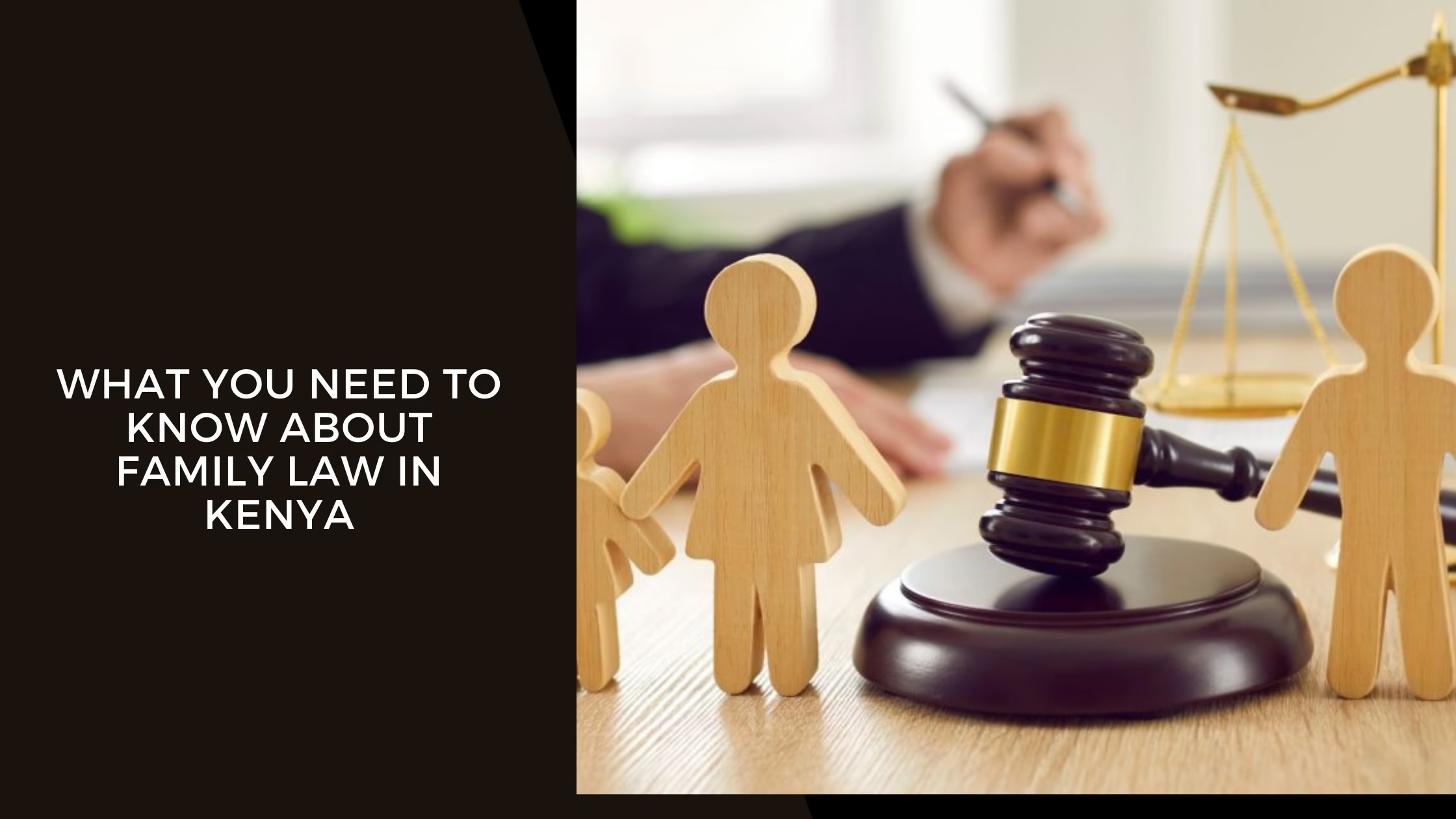

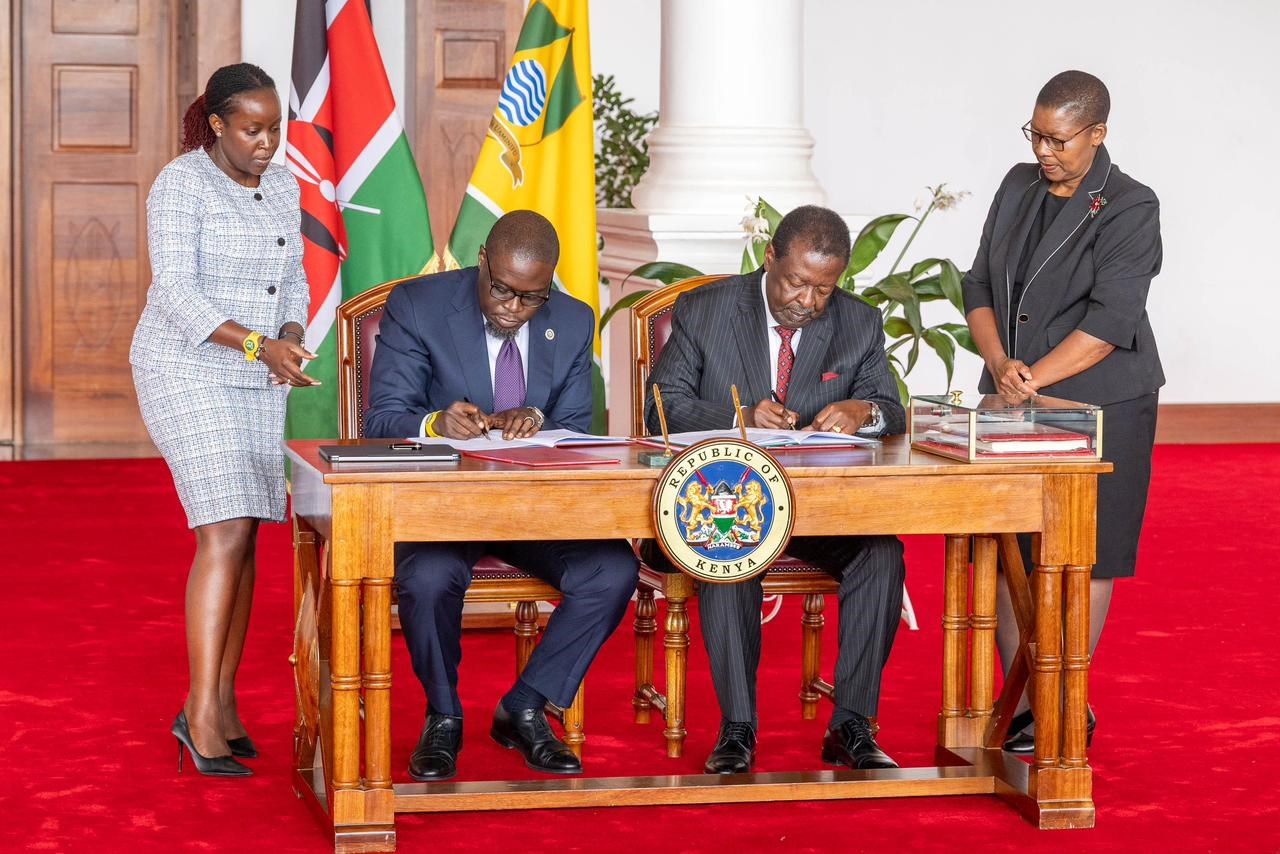
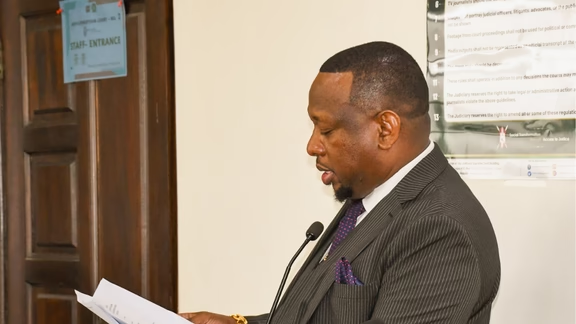



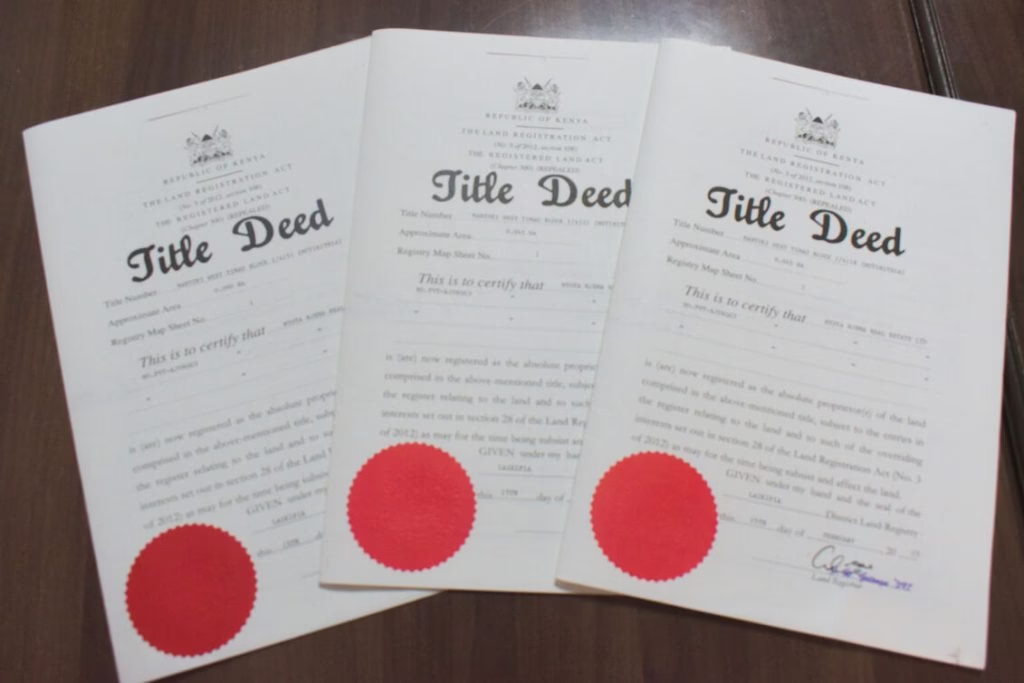

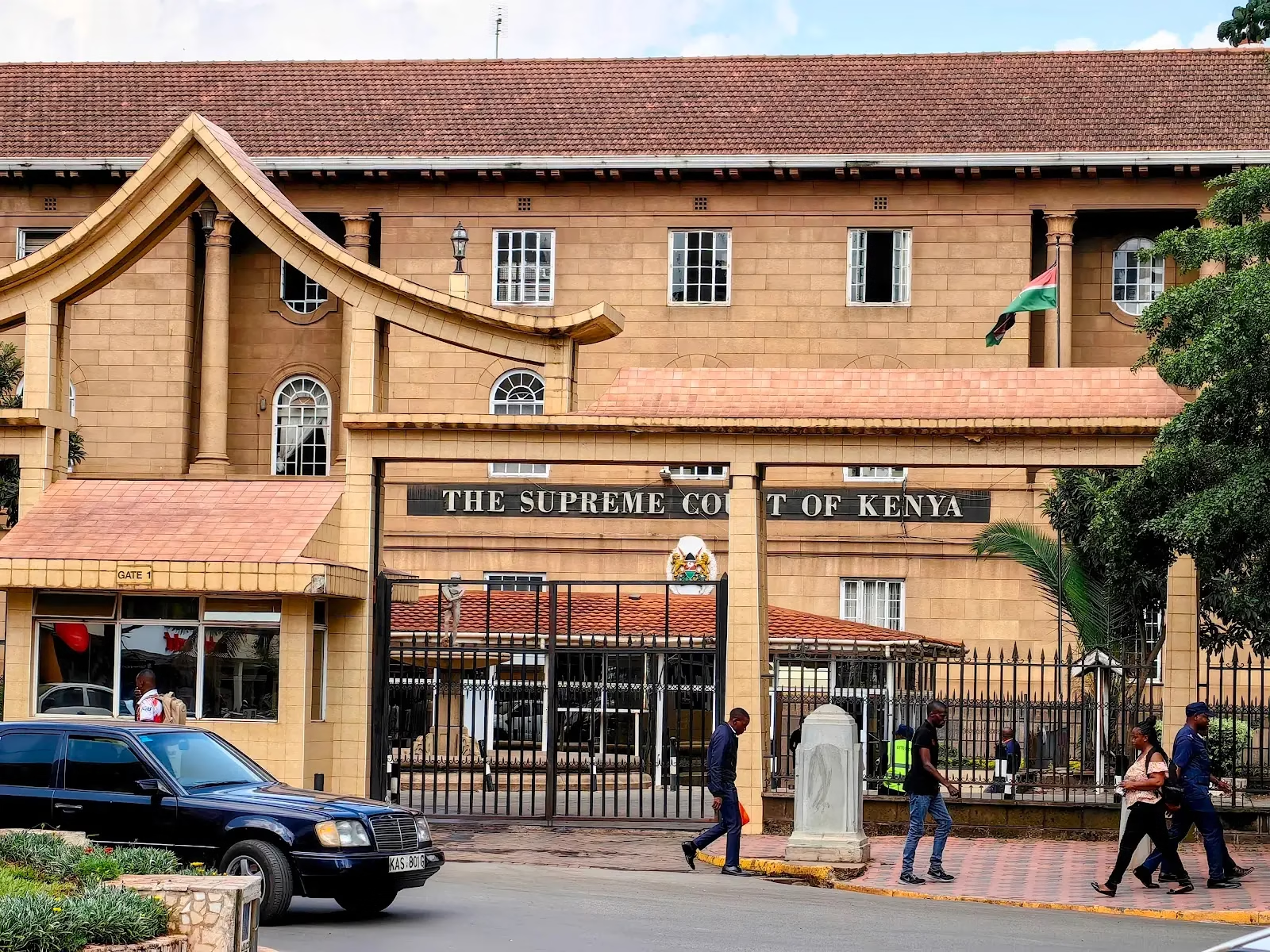
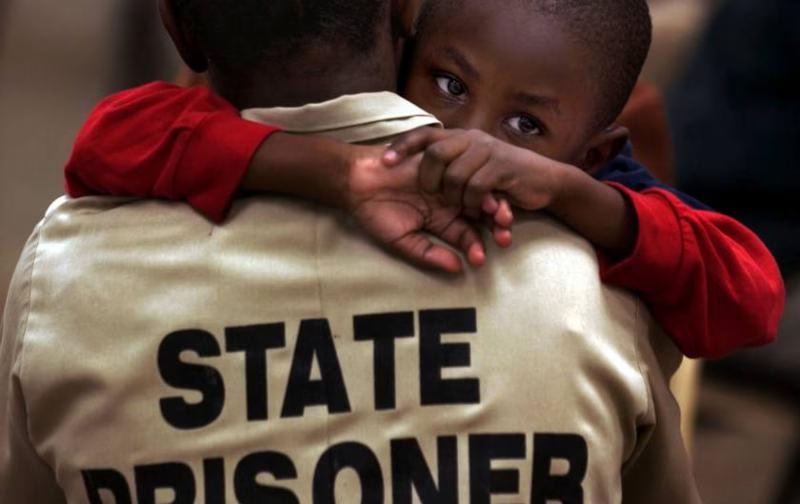






Leave a Reply